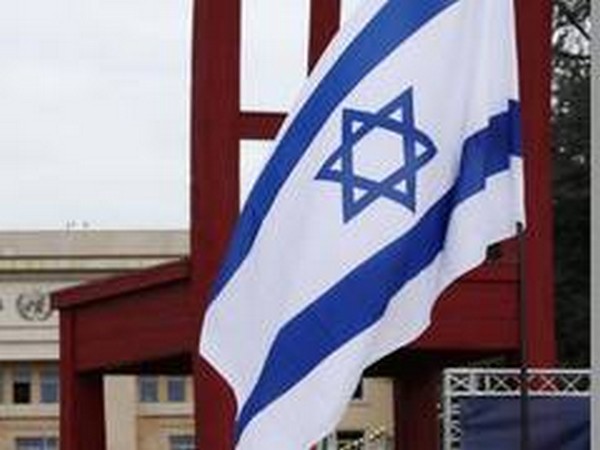New Delhi: At a time when the nexus between politics and religion in Middle East is garnering global attention, Usanas Foundation organized a webinar exploring the role played by religious authorities within their own communities and their engagement with the broader social and political forces in the region. The panelists included prominent Israeli scholars namely, Prof Meir Litvak, Professor at the Department of Middle Eastern History and a senior Research Associate at the Alliance Center for Iranian Studies at Tel Aviv University, Dr Ronen Zeidel, Iraq analyst in the Moshe Dayan Center, Tel Aviv University, Dr Daniel Roth, lecturer at Bar-Ilan University’s Conflict Management, Resolution and Negotiation Graduate Program, and Dr Michael Barak, lecturer at the Lauder School of Government Diplomacy and Strategy at The Interdisciplinary Center (IDC) Herzliya.
Prof Litvak addressed the complex questions surrounding the debate over Velayat-e Faqih in Contemporary Shi’ism. The term Vilayat-e Faqih means “the mandate of the jurist,” and recognizes the Faqih/jurist as the guardian of the Ummah.
Dr Zeidel, who has been studying Iraq for nearly 30 years, spoke about Shii political Islam in Iraq—comparing Ali al-Sistani, leading spiritual leader of Iraqi Shia Muslim and Muqtada al-Sadr, an Iraqi Shi’i cleric and politician. “Sistani is not Iraqi, he was born in Iraq,” he said. He aims to provide “moral guidance to Iraq rather than political leadership. He is a spiritual and moral leader.”
Israeli scholars discuss religious authorities’ role in Middle East
- Advertisement -

